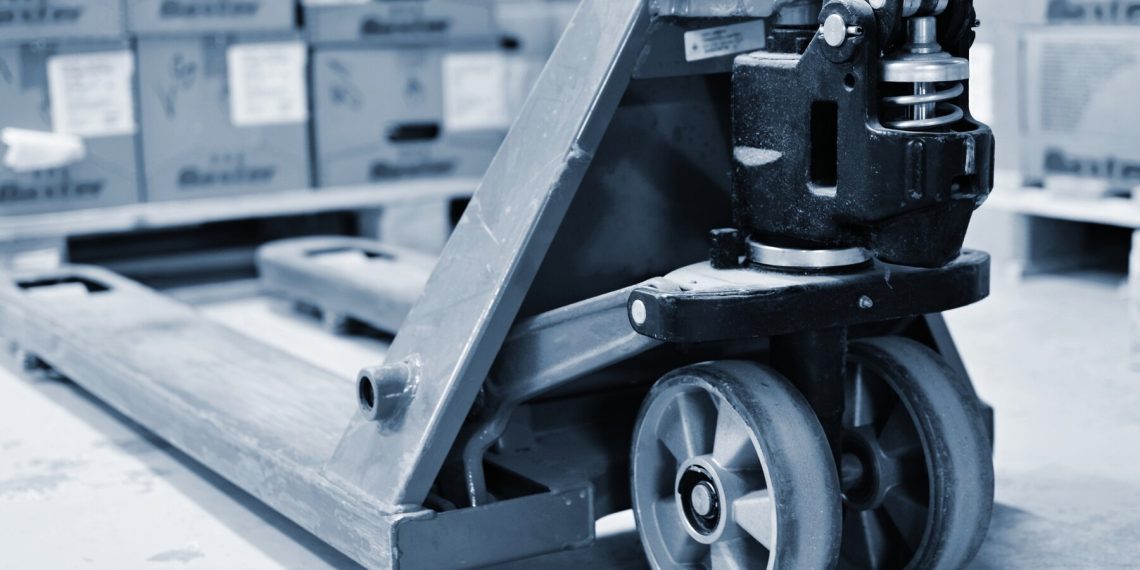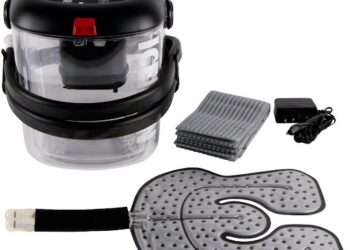Hey there! Today, I want to dive into a topic that’s not only practical but also crucial for the smooth operation of healthcare facilities: heavy duty casters and their role in healthcare equipment mobility. I’ll walk you through why they matter, how they improve mobility and safety, and what types work best in various healthcare settings.
Whether you work in a hospital, clinic, or even an assisted living facility, understanding how these little wheels can make a huge impact on daily operations is something worth exploring. Let’s get rolling!
Why Mobility Matters in Healthcare
In healthcare, mobility is everything. The ability to quickly transport equipment, supplies, and even patients from one place to another can make a significant difference in the quality of care and the speed at which it’s delivered. Imagine an emergency room without mobile beds or a hospital without easily transportable medical carts—it would be chaos!
Heavy-duty casters play a pivotal role here. By providing the needed stability, load-bearing capacity, and maneuverability, these casters ensure that healthcare providers can focus on what they do best: caring for patients.
Quick Benefits of Enhanced Mobility
- Increased efficiency: Staff can quickly move equipment, saving time.
- Improved patient care: Better mobility leads to quicker responses to patient needs.
- Enhanced safety: Mobility with stability helps prevent accidents and injuries.
How Heavy Duty Casters Improve Efficiency
When I talk about heavy-duty casters, I’m referring to casters that can handle more weight than standard wheels, ensuring that heavy equipment is supported and can be easily moved around. In healthcare settings, equipment like hospital beds, stretchers, medical carts, and even large diagnostic machines often rely on these casters for smooth mobility.
Heavy-duty casters are designed for durability and can withstand the high demands of a busy healthcare facility. They keep equipment stable, reduce the need for frequent replacements, and help maintain a streamlined workflow.
Key Features That Boost Efficiency
- Load-bearing capacity: Essential for supporting heavier equipment without compromising safety.
- Shock absorption: Helps smooth out movement across tiled or uneven floors.
- Durability: Made from high-quality materials that withstand frequent use and disinfection.
Types of Heavy Duty Casters in Healthcare
Not all casters are created equal, and in healthcare, choosing the right type is essential. Let’s take a closer look at some of the most common types of casters used in healthcare settings:
1. Swivel Casters
Swivel casters are ideal for maneuverability. Since they rotate 360 degrees, they make it easy to move equipment in tight spaces—think hospital rooms or narrow corridors. Swivel casters offer flexibility and ease of movement, making them an excellent choice for medical carts or equipment that needs to be repositioned frequently.
2. Rubber Wheels
Rubber wheels provide a smooth, quiet ride, which is important in environments where noise levels need to be kept low. Imagine the peaceful atmosphere of a recovery room; the last thing anyone wants is a squeaky wheel! Rubber wheels also offer great traction, reducing the risk of slips, especially in sterile environments where floors may be smooth and polished.
3. Locking Casters
Sometimes, stability is more important than mobility. Locking casters allow equipment to stay put when necessary, preventing unwanted movement during sensitive procedures or patient care. They’re commonly used on hospital beds and other stationary equipment.
4. Pneumatic Casters
While not as common, pneumatic casters are a good choice for moving equipment over rough or uneven surfaces. They’re typically filled with air, which provides extra shock absorption. This type of caster can be helpful in certain outdoor or rugged environments within healthcare facilities.
Choosing the Right Caster for Your Equipment
When selecting casters for healthcare equipment, there are a few things to keep in mind to ensure they meet both functional and safety needs.
Factors to Consider
- Weight Capacity: Ensure the caster can handle the maximum weight of the equipment, plus any additional load.
- Floor Type: Different casters perform better on certain floor types. For example, rubber wheels work well on smooth surfaces, while pneumatic casters are better for uneven areas.
- Frequency of Use: For equipment that’s constantly on the move, durable casters with high load-bearing capabilities are essential.
- Safety Features: Look for features like brakes or locking mechanisms, especially for heavy-duty equipment that must stay stationary at times.
A Quick Guide to Caster Selection
- Hospital Beds: Heavy-duty casters with locking mechanisms for safety.
- Medical Carts: Swivel casters with rubber wheels for easy maneuverability and noise reduction.
- Diagnostic Machines: High load-bearing casters with shock-absorbent properties.
- Outdoor Mobile Units: Pneumatic casters for stability on rough terrain.
The Safety Benefits of Swivel Casters
I can’t stress enough how important safety is in healthcare settings. Swivel casters, in particular, play a big role in minimizing risks. By allowing equipment to move smoothly and without obstruction, swivel casters reduce the strain on healthcare staff. They also prevent accidents that can arise from heavy or awkwardly positioned equipment.
How Swivel Casters Promote Safety
- Ease of Movement: Reduce strain injuries among staff, who can easily push and pull equipment.
- Flexibility in Tight Spaces: Move easily in narrow hallways or crowded rooms, reducing the risk of collisions.
- Secure Positioning with Locking Mechanisms: Many swivel casters come with locks, allowing equipment to stay in place when needed.
Maintenance Tips to Keep Your Casters Rolling
Regular maintenance can extend the life of heavy-duty casters, ensuring they continue to provide safe, reliable mobility. Here’s a quick checklist to help keep your casters in top shape.
Maintenance Checklist
- Inspect for Damage: Look for cracks, warping, or loose parts. Damaged casters can compromise safety.
- Clean Regularly: Healthcare environments require frequent cleaning. Make sure casters are part of the cleaning routine to remove debris that could affect mobility.
- Lubricate Moving Parts: Swivel casters, in particular, need occasional lubrication to ensure smooth movement.
- Check Load Capacity: Avoid overloading equipment beyond the caster’s capacity, as it can lead to damage or failure.
Key Takeaways
Let’s sum up the main points:
- Heavy-duty casters are essential for smooth and safe mobility of healthcare equipment.
- Swivel casters and rubber wheels provide flexibility and quiet operation, making them ideal for healthcare settings.
- Choosing the right caster requires considering factors like weight capacity, floor type, and safety features.
- Regular maintenance is necessary to ensure longevity and safety.
Wrapping Up
In the fast-paced world of healthcare, equipment mobility can make all the difference in delivering timely and effective patient care. Whether it’s a medical cart with swivel casters for maneuverability or a heavy-duty caster for a hospital bed, these components are often unsung heroes of the healthcare industry.
If you’re looking to improve the efficiency, safety, and mobility of your healthcare facility’s equipment, take a closer look at the caster options available. Investing in the right heavy-duty casters can significantly impact your facility’s day-to-day operations.
Ready to upgrade your equipment mobility? Explore a range of high-quality, reliable heavy-duty casters at Atlanta Caster. With the right casters, you’ll see firsthand the difference they can make in a healthcare setting.







